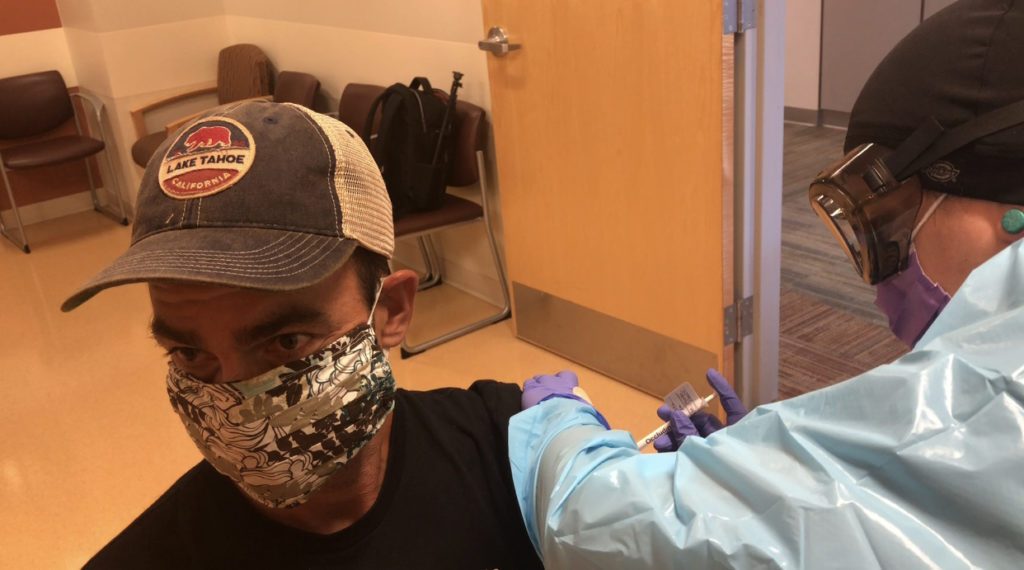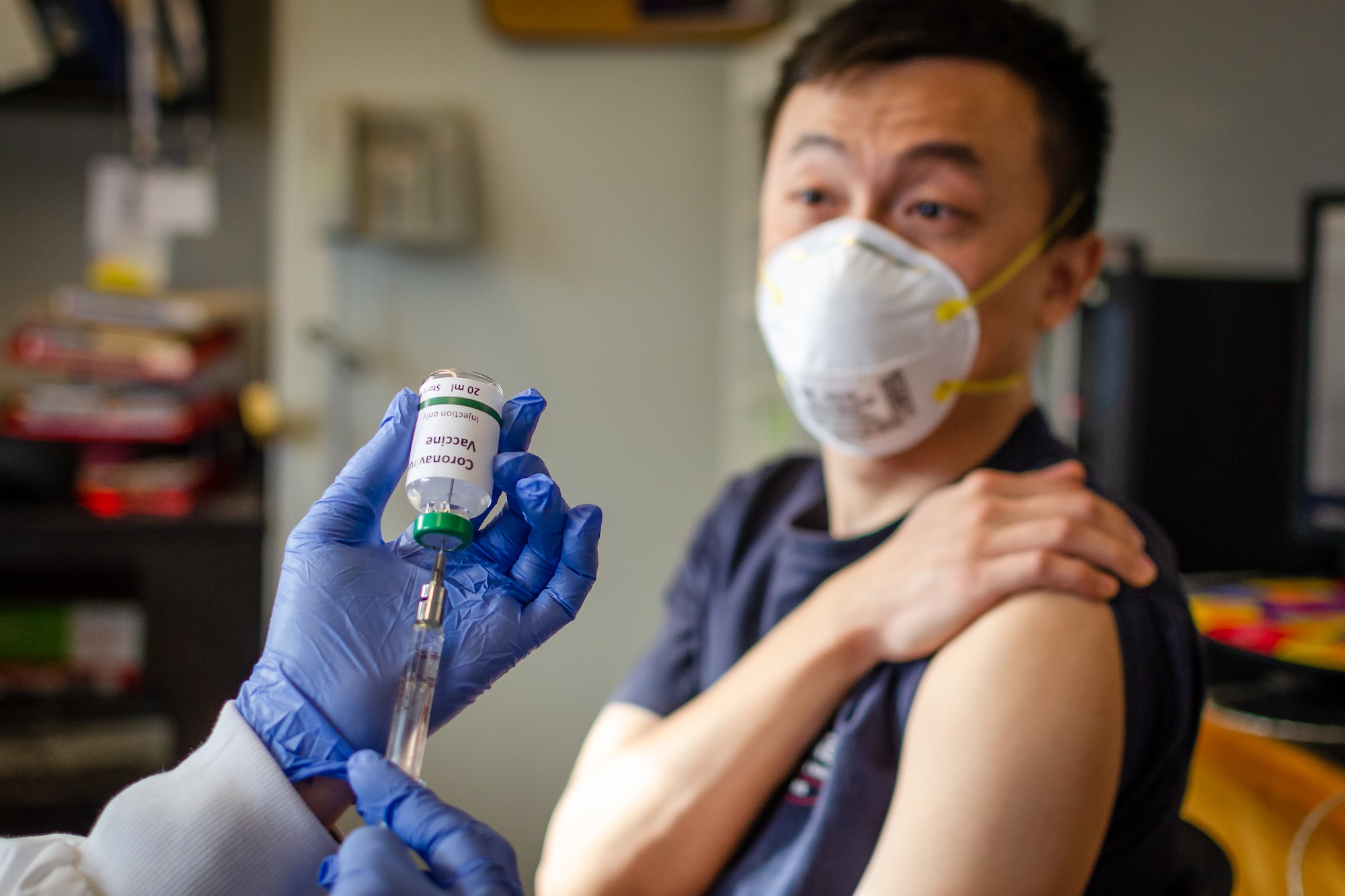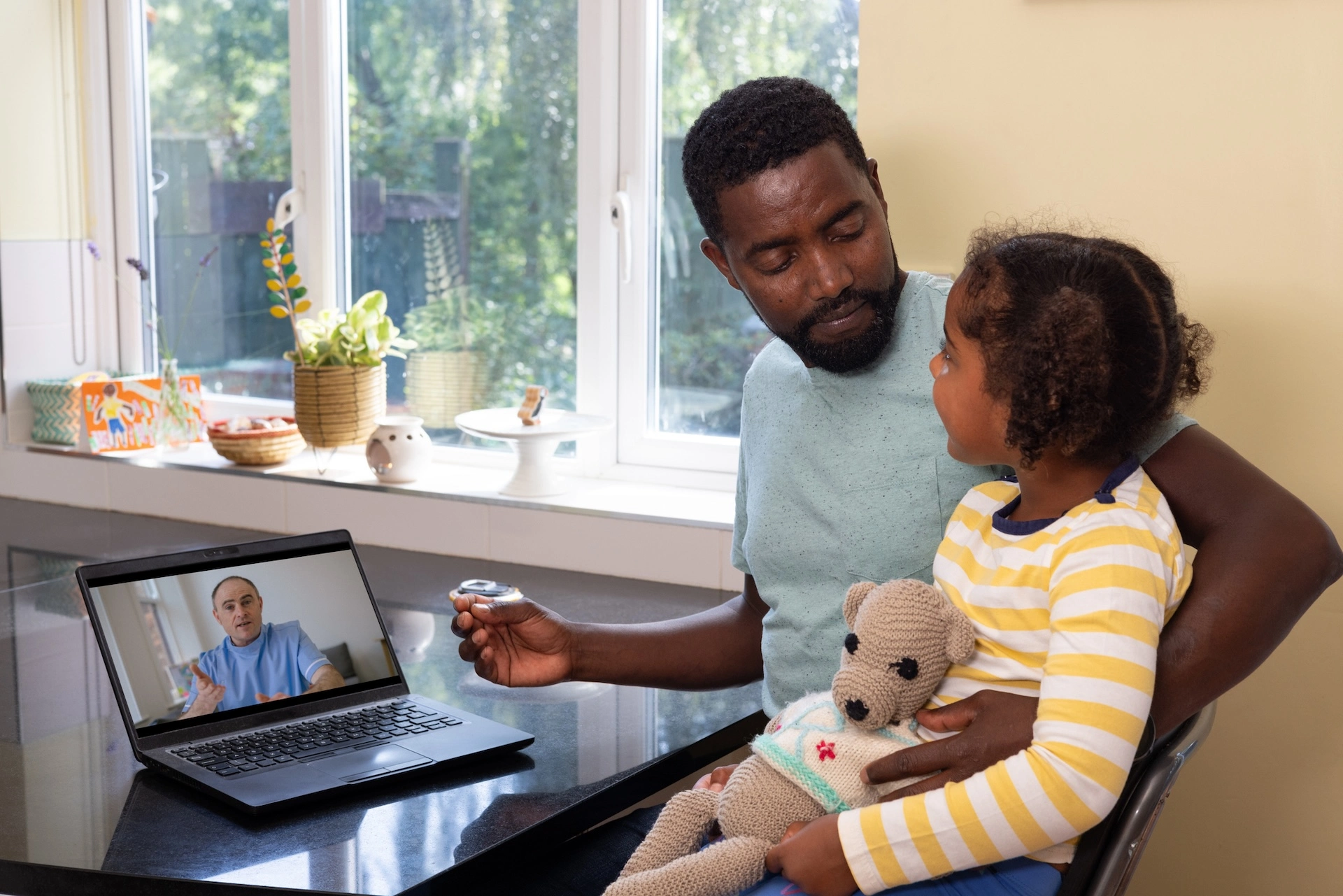The phase 3 clinical trial will test the vaccine in 1,400 adults at sites in California and Oregon.
Oakland, Calif. — Today, Kaiser Permanente began participating in a phase 3 clinical trial to test an investigational vaccine against SARS-CoV-2, the virus causing the current COVID-19 global pandemic. Kaiser Permanente plans to enroll approximately 1,400 participants at 4 sites in California and Oregon. The goal for this trial is to enroll up to 30,000 participants at more than 120 sites around the world. The investigational vaccine being tested in this trial is BNT162b2, one of the vaccine candidates in development by Pfizer, Inc., and BioNTech, which are also the sponsors of the study.
The clinical trial is being conducted by investigators at the Kaiser Permanente Center for Health Research in Portland, Oregon; the Department of Research & Evaluation in Pasadena, California; and the Division of Research in Oakland, California.

“Kaiser Permanente is extremely well-positioned to address this public health emergency,” said Nicola Klein, MD, PhD, director of the Kaiser Permanente Vaccine Study Center and principal investigator for the trial in Northern California. “We have been a leader in vaccine research for more than 30 years and have participated in clinical trials for almost every vaccine that has been licensed in the United States. We know we can meaningfully contribute to helping determine whether this vaccine is effective in preventing COVID-19 disease.”
“Our researchers and physicians are eager to contribute to the independent science that will ultimately lead to the development of a vaccine for COVID-19,” said Stephen Fortmann, MD, senior science director and principal investigator for the trial at the Kaiser Permanente Center for Health Research. “We are working in partnership with researchers globally to ensure timely, safe, and effective vaccines can be developed so that we can prevent illness and save lives.”
“This virus is a tremendous health threat and has affected the world profoundly both economically and socially,” said William J. Towner, MD, regional physician director, Division of Clinical Trials Research, and principal investigator for the trial at Kaiser Permanente’s Department of Research & Evaluation. “It is imperative that we find a safe and effective vaccine as quickly as possible.”

Kaiser Permanente clinical trial participants must be adult health plan members aged 18 to 85 years old who are not pregnant or planning to become pregnant during the trial.
The phase 3 trial is a randomized trial in which half of the participants will receive the vaccine and half will receive a placebo. Neither the participants nor the clinicians will know who is receiving the vaccine versus the placebo (known as a double-blind study). During this phase of the trial, data will be gathered about safety, immune response, and efficacy as required for regulatory review.
Kaiser Permanente also is playing an integral role in the development of another COVID-19 investigational vaccine, co-developed by the National Institute of Allergy and Infectious Diseases and Moderna, Inc. The Kaiser Permanente Washington Health Research Institute in Seattle was the first site to enroll participants in the phase 1 trial. The vaccine began phase 3 trials at the end of July.
Read more about Kaiser Permanente’s role in research, including research developing treatments and vaccines, or learn more about this clinical trial.
+++
About the Kaiser Permanente Division of Research
The Kaiser Permanente Division of Research conducts, publishes and disseminates epidemiologic and health services research to improve the health and medical care of Kaiser Permanente members and society at large. It seeks to understand the determinants of illness and well-being, and to improve the quality and cost-effectiveness of health care. Currently, DOR’s 600-plus staff is working on more than 450 epidemiological and health services research projects. For more information, visit divisionofresearch.kaiserpermanente.org or follow us @KPDOR.





Comments (0)